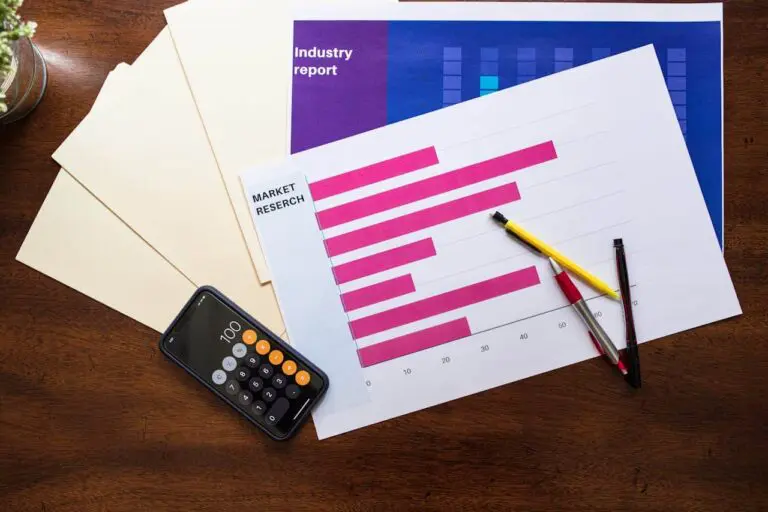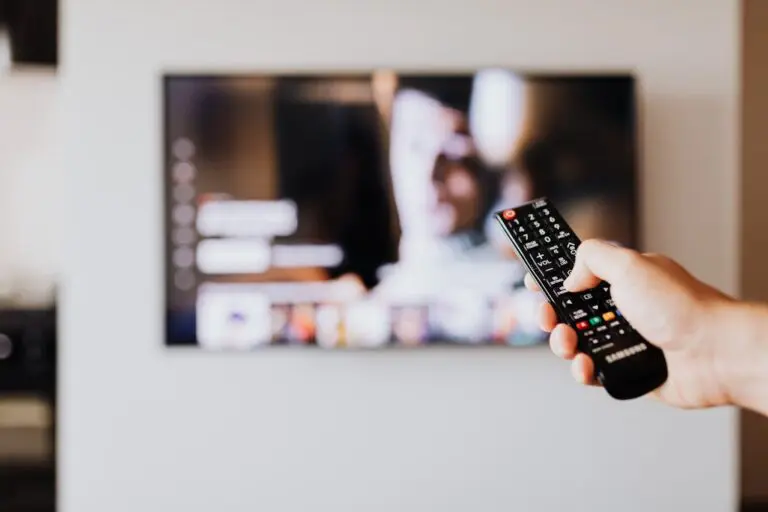Economists have proved what most of us have suspected for a long time – when it comes to apologizing, talk is cheap.
According to research, firms who say “we’re sorry” to disgruntled customers fare better on customer satisfaction than those that offer financial compensation. The ploy works even though the recipient of the apology seldom gets it from the person who made it necessary in the first place. The study was carried out by the Nottingham School of Economics’ Centre for Decision Research and Experimental Economics.
They found people are more than twice as likely to forgive a company that says “sorry” than one that instead offers them cash. Dr. Johannes Abeler said the results proved apologies were both powerful and cheap.
“We know firms often employ professional apologists whose job is to say sorry to customers who have a grievance,” Abeler said. “You might think that if the apology is costless then customers would ignore it as nothing but cheap talk – which is what it is. But this research shows apologies really do influence customers’ behavior – surprisingly, much more so than a cash sweetener.
“People don’t seem to realize they’re dealing with an expert apologist rather than an individual who feels genuine shame,” Abeler said. “It might be that saying sorry triggers in the customer an instinct to forgive – an instinct that’s hard to overcome rationally.”
Researchers worked with a firm responsible for around 10,000 sales a month on eBay, controlling its reaction to neutral or negative feedback. Some customers were offered an apology in return for withdrawing their comments, while others were offered €2.5 or €5 (approximately $3.70 and $7.40).
The simple apology blamed the manufacturer for a delay in delivery, adding: “We are very sorry and want to apologize for this.” Customers offered money were told: “As a goodwill gesture, we can offer you €5 if you would consider withdrawing your evaluation.” Some 45% of participants withdrew their evaluation in light of the apology, while only 23% agreed in return for compensation.
The study also discovered that a higher purchase price further reduced the number of customers willing to forgive for cash. Yet the size of the initial outlay had no effect on the willingness of participants to settle for simply reading the magic words: “I’m sorry.” Dr. Abeler, an expert in behavioral economics, said: “It’s interesting to note our setting should have made it hard for an apology to work. The apology was delivered by a large, anonymous firm and wasn’t face-to-face, and the firm had a clear incentive to apologize. All of this meant the apology should have been regarded by the customers as calculated, insincere and just cheap talk. Yet it still yielded much better outcomes than offering cash compensation – and our results might even underestimate its effects.”
Many companies are capitalizing on engaging in direct, prompt feedback with their customers through social media platforms. SMARI has partnered with the feedback app Peoplocity to provide in-the-moment feedback from customers so companies can track, analyze, and act upon the voice of the customer – including apologies.
See more about Peoplocity here and read the original behavioral economic research here.
The Nottingham School of Economics, based at the University of Nottingham, is regarded as one of the UK’s leading research departments. Its economists have advised organizations including the Treasury, the World Bank, the IMF and the Department for Work and Pensions.


